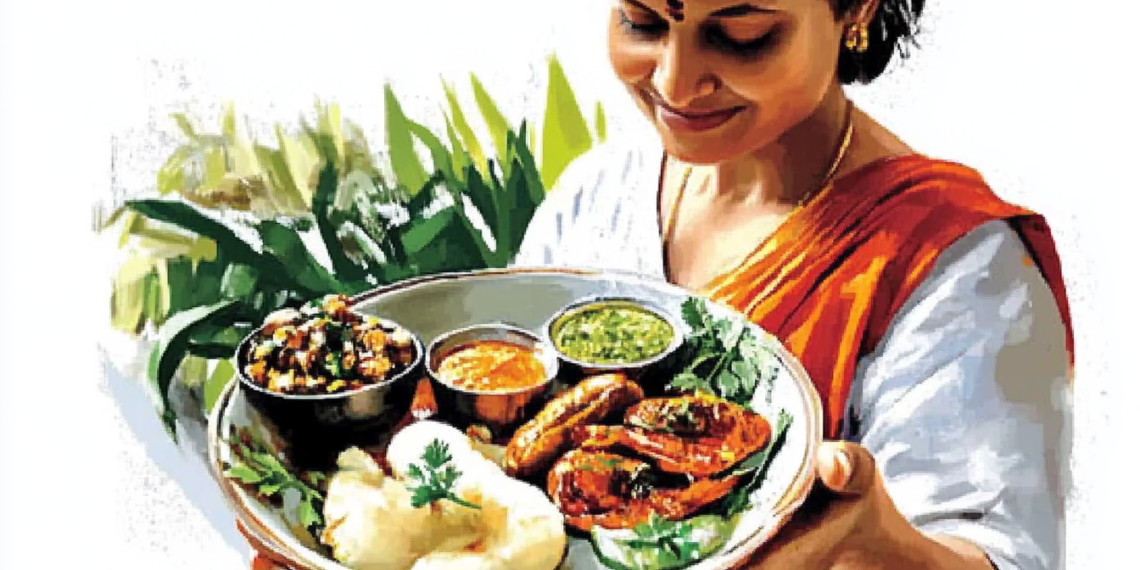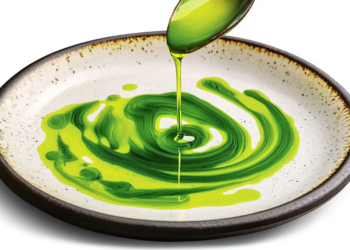Bengali cuisine isn’t just about fish and meat—its vegetarian fare is equally rich, nuanced, and deeply rooted in tradition. Especially during religious festivals like Durga Puja, Saraswati Puja, and Janmashtami, vegetarian dishes take centre stage. These preparations reflect the Bengali philosophy of food: elevating simple, seasonal ingredients through refined techniques and well-balanced spices.
Here are five timeless vegetarian Bengali dishes that are synonymous with celebration and nostalgia—and they deserve a place in every festive spread.
1. Aloor Dum
Aloor Dum, the beloved Bengali-style potato curry, is the soul of festive brunches. Prepared with baby potatoes, mustard oil, ginger, tomatoes, and aromatic spices, this dish strikes a perfect balance between heat and sweetness. Best paired with Luchi, it’s a mainstay in Puja bhogs and family get-togethers.
2. Doi Potol
Doi potol, is an elegant dish features tender potol (pointed gourd) cooked in a creamy yoghurt-based gravy. The light spices and sourness from the yogurt make it ideal for warm-weather festivities and sattvik meals. It reflects the Bengali love for yogurt gravies and is often served with rice.
3. Chhanar Dalna
A festive classic made with soft paneer (chhana) cubes cooked in a lightly spiced, tomato-based gravy. Chhanar Dalna is both rich and sattvik, making it suitable for offerings and family feasts alike. The gravy is smooth, fragrant, and best enjoyed with plain rice or Mishti Pulao.
4. Labra
Labra is a mixed-vegetable medley commonly served during bhog. It’s slow-cooked with minimal spices, relying on the natural sweetness of vegetables like pumpkin, potatoes, brinjal, and spinach. It’s a humble yet deeply flavourful dish that traditionally accompanies Khichuri during sacred offerings.
5. Bhoger Khichuri
No Bengali Puja meal is complete without Bhoger Khichuri—a fragrant preparation of roasted moong dal and gobindobhog rice, spiced gently with ginger, bay leaves, and ghee. It’s not just comfort food—it’s ritualistic, served as an offering to deities and then shared with devotees. Often accompanied by Labra, chutney, and payesh, this dish evokes deep nostalgia and devotion.







